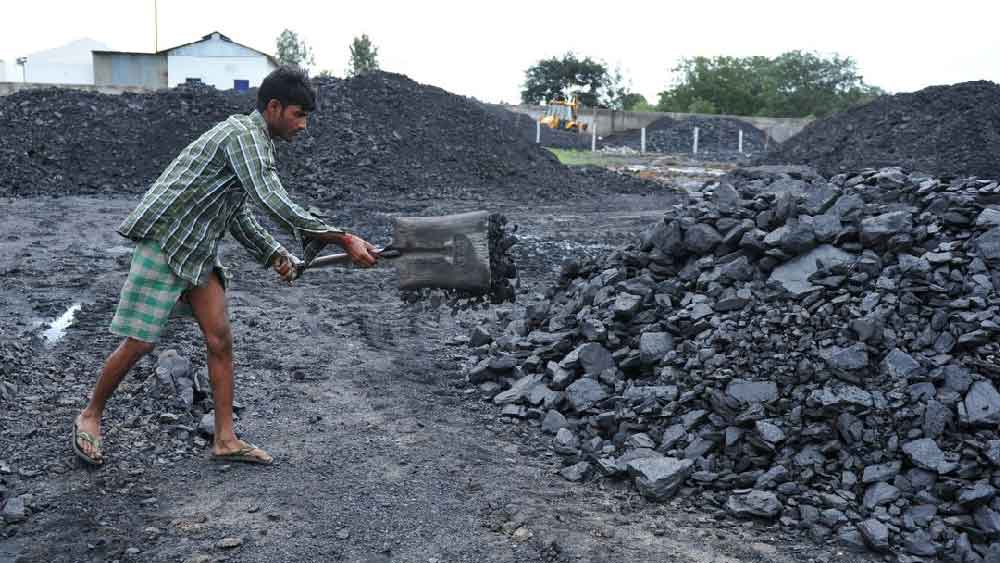One in every three coal workers in Jharkhand prefers agriculture as an alternative livelihood option once India moves away from coal and towards clean energy sources to meet its Net Zero goals, reveals a new study.
The study “Livelihood Opportunities for a Just Transition in Jharkhand” a perception study by Climate Trends LLP, in partnership with Ernst & Young LLP, was released at an event, “Deconstructing The Opportunities In Alternative Livelihoods To Support A Just Transition” held in Calcutta.
According to the study despite 60 per cent of respondents not having employment contracts, the coal sector is the most attractive employer due to job security, and lack of other equally well-paying options.
Six out of 10 workers have not heard of a scenario where mines could be drawn down in the future.
In all 94% of respondents reported not having participated in any training programmes, indicating a major gap in any upskilling planning. Eighty-five per centwere willing to get engaged in skilling or reskilling programmes.
Of the 6 per cent who received any training for alternate livelihoods outside of the coal sector, only 24 per cent were involved in training for the renewable energy sector.
In terms of alternative livelihoods, 32 per cent of workers favoured agriculture and allied sectors as their first choice for an alternate livelihood, 30 per cent favoured the manufacturing sector as their second choice, and 27 per cent opted for mining of other minerals as their third choice, 29% indicated construction as their fourth choice followed by 26% as their fifth preference and education and 34 per cent service as their sixth choice from the six choices offered to them during the survey.
The survey was primarily aimed at exploring the kind and type of livelihood opportunities that will enable a just energy transition in Jharkhand in a future where coal plants are phased down and renewables ramped up in line with the government policies and targets.











